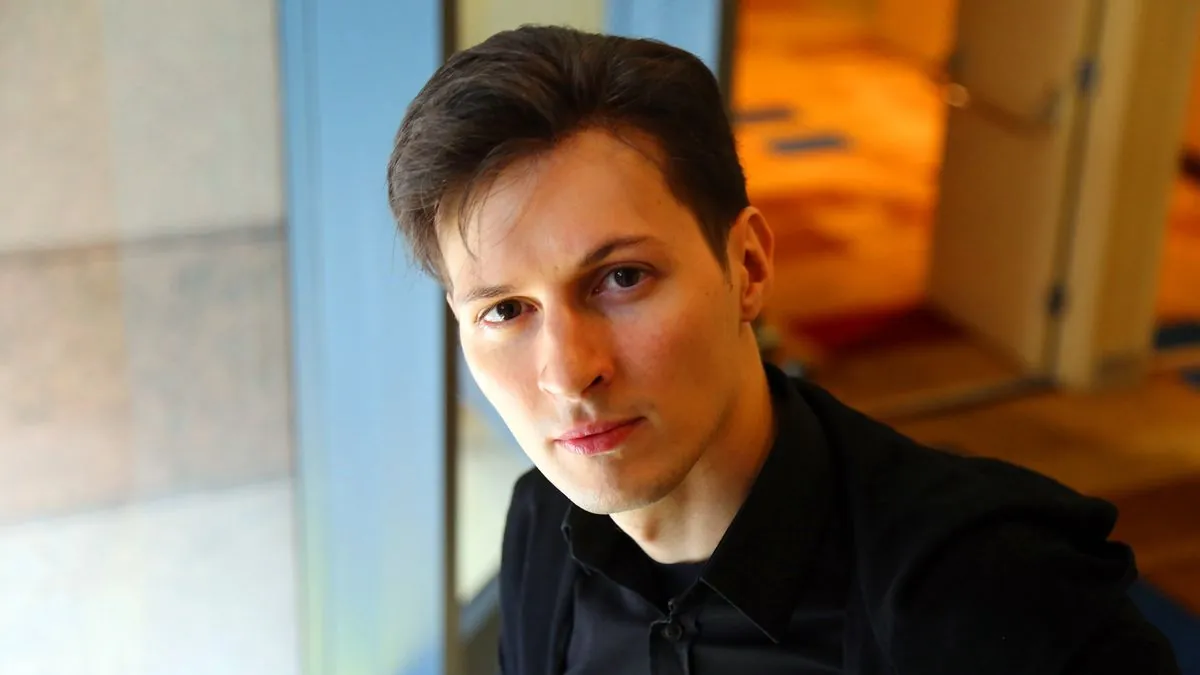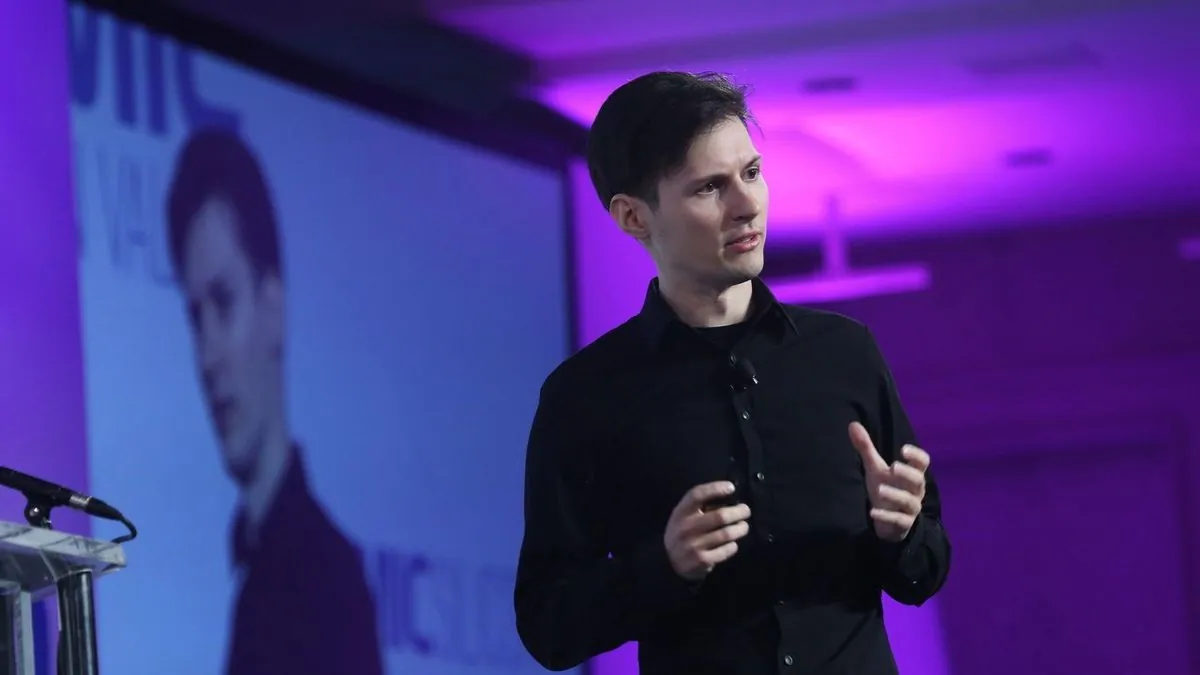Telegram CEO Pavel Durov Detained in France, Sparking Global Debate
Pavel Durov, Telegram's founder, arrested in France on serious allegations. The incident ignites discussions on digital rights, platform responsibility, and geopolitical tensions in the tech world.

French authorities have detained Pavel Durov, the founder and CEO of Telegram, on August 24, 2024, initiating a global discourse on digital rights and platform accountability. The messaging app, which boasts nearly a billion users worldwide, has long been a subject of controversy due to its minimal content moderation approach.
Prosecutors in Paris have listed several serious allegations against an unnamed individual, widely believed to be Durov. These include possession of illicit materials, financial misconduct, and links to organized crime. While Durov has not been formally charged, French law allows for his detention until August 28, 2024, at which point authorities must either press charges or release him.
Telegram responded to the situation on August 25, 2024, asserting that its moderation policies align with industry standards and are continuously improving. The company stated:
"It is absurd to claim that a platform or its owner are responsible for abuse of that platform"
[[Telegram's Official Statement]]
Durov, who established Telegram in 2013, has consistently positioned himself as an advocate for unrestricted online expression. In a March 2024 interview with the Financial Times, he expressed reluctance to police user communication unless certain unspecified "red lines" were crossed.

The arrest has sparked international reactions. Russian officials, despite historical tensions with Telegram, have expressed outrage. Kremlin spokesperson Dmitry Peskov suggested on August 27, 2024, that unless France provides substantial evidence, the arrest could be seen as an attempt to restrict communication freedom.
The United Arab Emirates, where Telegram is headquartered, has requested consular access to Durov, who holds citizenship in Russia, the UAE, and France. This multi-national aspect adds complexity to the diplomatic implications of the case.
French President Emmanuel Macron addressed the situation on August 26, 2024, emphasizing that the arrest was part of an ongoing judicial investigation and not a political decision. He reaffirmed France's commitment to freedom of expression and innovation.
The incident has reignited debates on social media regulation and encryption. Telegram's unique position as both a messaging service and a social platform with public channels has made it a focal point in these discussions. The platform's encryption features, while weaker than some competitors, have made it popular among various groups, including activists and, controversially, some criminal elements.
Experts warn that the broad nature of the charges and limited information from French authorities could lead to misinterpretations about encryption and potentially harm activists who rely on secure messaging for safety.
As the tech world watches closely, the outcome of this case could have far-reaching implications for the future of digital communication, platform responsibility, and the delicate balance between online freedom and security.


































